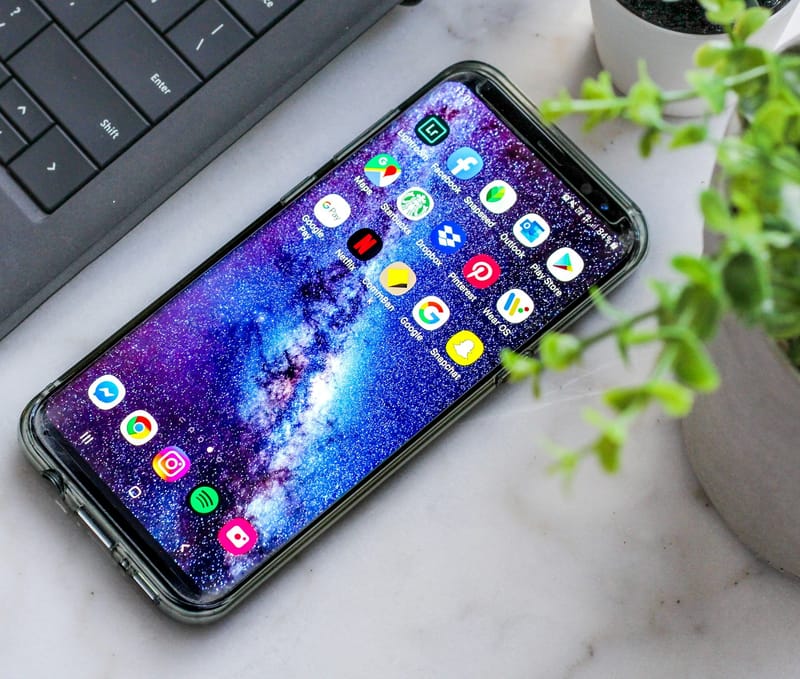Europe to take on Elon Musk with a Starlink rival
With Amazon’s Project Kuiper also entering the fray, with its first satellites slated for launch next year, the competition is further intensifying.
Elon Musk’s Starlink has been a key player in global satellite internet, providing high-speed connectivity to underserved regions, and even playing a crucial role in Ukraine's military communications. Yet, its dominance has triggered growing unease in Europe.
From Musk's regulatory clashes with the European Union (EU) to his alleged frequent contact with Russian officials during the Ukraine war, Starlink’s monopoly has raised questions about the risks of relying on foreign-controlled infrastructure. In response, the EU is taking a bold step to challenge that dominance with its own satellite network, IRIS² (short for Infrastructure for Resilience, Interconnectivity and Security by Satellite).
This €10.6 billion ($11 billion) IRIS² project is a public-private partnership funded 61% by the EU and the European Space Agency (ESA), with the remaining 39% contributed by the SpaceRISE consortium, which includes satellite heavyweights like SES, Eutelsat, and Hispasat.
IRIS² is expected to provide high-speed, secure internet communications for governments, private companies, and citizens. Its constellation will consist of 300 satellites, strategically split between low Earth orbit and medium Earth orbit.
This structure aims to deliver constant connectivity without requiring the massive scale of Starlink’s 7,000 satellites, which operate predominantly at around 340 miles above Earth.
The SpaceRISE consortium has been tasked with deploying and operating the IRIS² constellation over the next 12 years, with operations expected to begin in the early 2030s.
Starlink, however, remains a formidable competitor. With 4 million subscribers globally and over 450,000 in Europe alone, along with partnerships with major companies like Royal Caribbean and T-Mobile, it has a significant head start. The company is also gearing up to offer direct-to-phone connectivity, a game-changing feature that further cements its dominance.
Whether IRIS² can level the playing field remains to be seen, but one thing is clear: Europe isn’t sitting idly by in the face of foreign dominance in the skies.
With Amazon’s Project Kuiper also entering the fray, with its first satellites slated for launch next year, the competition is further intensifying. For now, Europe has entered the race, and the next decade will determine whether it can hold its own in the competitive space of satellite internet.








